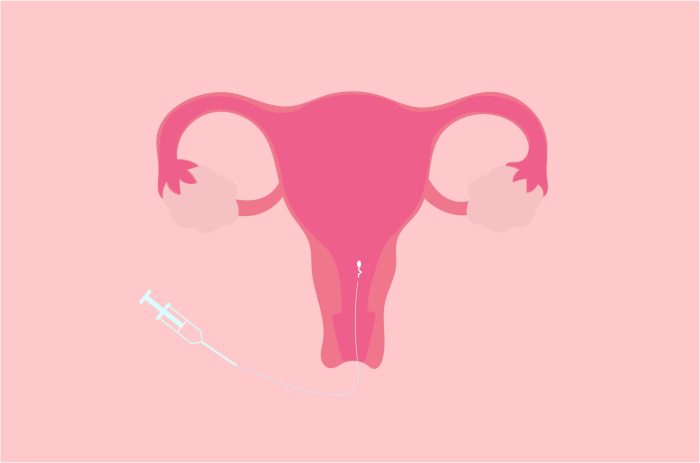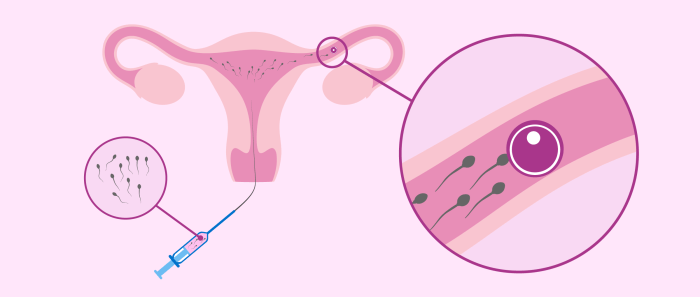What items can come in contact with the iui connectors – Understanding the compatibility of materials and substances with IUI connector contacts is crucial for maintaining optimal performance and ensuring the integrity of electrical systems. This article delves into the types of materials that can come into direct contact with IUI connectors, their potential impact, and measures to mitigate external factors affecting connector contact.
Various materials, including liquids, gases, and solids, may interact with IUI connectors, influencing their functionality. Environmental conditions such as temperature, humidity, and vibration can also affect connector performance. Proper cleaning and maintenance practices, along with appropriate design considerations, are essential to ensure reliable contact and prevent potential issues.
Materials and Substances in Direct Contact with IUI Connectors: What Items Can Come In Contact With The Iui Connectors

The materials that can come into direct contact with IUI connectors include various liquids, gases, and solids. These substances can affect the integrity and functionality of the connectors.
Liquids
- Water: Water is a common liquid that can come into contact with IUI connectors. It can cause corrosion and damage to the connectors if not properly protected.
- Oil: Oil is another common liquid that can come into contact with IUI connectors. It can cause the connectors to become clogged and malfunction.
- Chemicals: Chemicals can also come into contact with IUI connectors. They can cause the connectors to corrode or degrade.
Gases
- Air: Air is a common gas that can come into contact with IUI connectors. It can cause the connectors to oxidize and corrode.
- Oxygen: Oxygen is a gas that can also come into contact with IUI connectors. It can cause the connectors to corrode and degrade.
Solids
- Dust: Dust is a common solid that can come into contact with IUI connectors. It can cause the connectors to become clogged and malfunction.
- Dirt: Dirt is another common solid that can come into contact with IUI connectors. It can cause the connectors to become clogged and malfunction.
- Metal: Metal is a solid that can also come into contact with IUI connectors. It can cause the connectors to short circuit and malfunction.
External Factors Affecting Connector Contact

Several environmental conditions can influence the contact between IUI connectors and external elements.
Temperature
Temperature can affect the contact between IUI connectors. Extreme temperatures can cause the connectors to expand or contract, which can lead to a loss of contact.
Humidity
Humidity can also affect the contact between IUI connectors. High humidity can cause the connectors to corrode, which can lead to a loss of contact.
Vibration
Vibration can also affect the contact between IUI connectors. Vibration can cause the connectors to move, which can lead to a loss of contact.
Cleaning and Maintenance of IUI Connectors

Proper cleaning and maintenance of IUI connectors are essential to ensure optimal performance.
Cleaning
IUI connectors should be cleaned regularly to remove dirt, dust, and other contaminants. The connectors should be cleaned with a soft cloth and a mild cleaning agent.
Maintenance
IUI connectors should also be inspected regularly for signs of wear and tear. The connectors should be replaced if they are damaged or worn.
Troubleshooting Connector Contact Issues
Several common issues can arise due to improper contact between IUI connectors.
No Contact
If there is no contact between the IUI connectors, the connectors may be damaged or worn. The connectors should be inspected and replaced if necessary.
Intermittent Contact
If there is intermittent contact between the IUI connectors, the connectors may be dirty or corroded. The connectors should be cleaned and inspected for signs of damage.
High Resistance
If there is high resistance between the IUI connectors, the connectors may be oxidized or contaminated. The connectors should be cleaned and inspected for signs of damage.
Design Considerations for Optimal Connector Contact

Several design principles can be employed to optimize the contact between IUI connectors.
Connector Materials, What items can come in contact with the iui connectors
The materials used in the construction of IUI connectors can affect the contact between the connectors. The materials should be compatible with each other and should not corrode or degrade.
Connector Geometry
The geometry of the IUI connectors can also affect the contact between the connectors. The connectors should be designed to make good contact with each other.
Connector Plating
The plating on the IUI connectors can also affect the contact between the connectors. The plating should be applied evenly and should not be too thick or too thin.
Query Resolution
What types of materials can come into direct contact with IUI connectors?
Liquids, gases, and solids, such as water, air, and metals, may interact with IUI connectors.
How can environmental factors affect IUI connector contact?
Temperature, humidity, and vibration can influence the performance of IUI connectors.
What are the recommended cleaning and maintenance practices for IUI connectors?
Regular cleaning using appropriate agents and techniques is essential to maintain optimal performance and prevent damage.